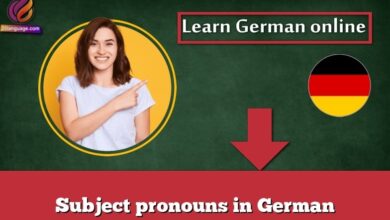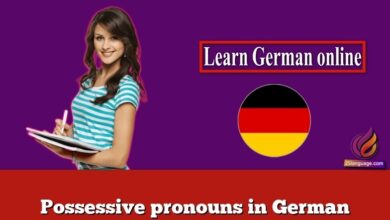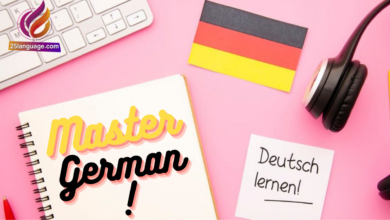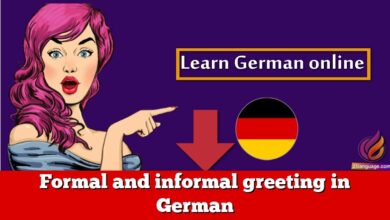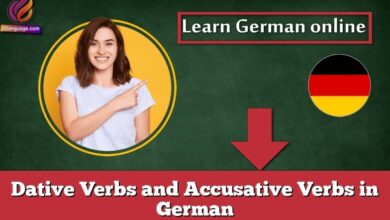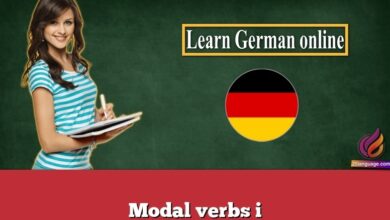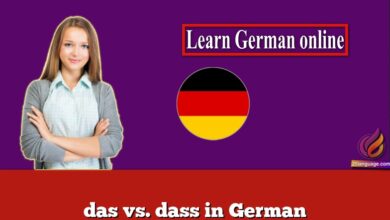Conjunctions in German
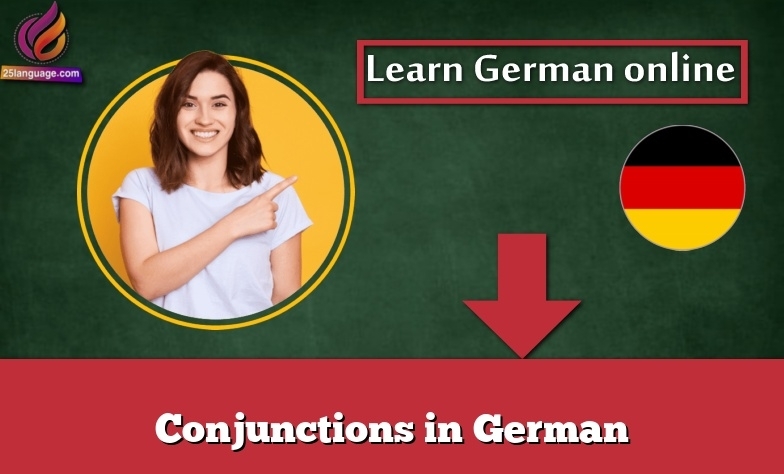
Conjunctions in German.Here’s a table of some common German conjunctions along with their English translations. This should be helpful in understanding how different ideas are connected in German sentences.
| German Conjunction | English Translation |
|---|---|
| und | and |
| oder | or |
| aber | but |
| denn | because |
| sondern | but rather |
| wenn | if, when |
| weil | because |
| obwohl | although |
| während | while, whereas |
| bevor | before |
| nachdem | after |
| damit | so that |
| ob | whether |
| als | when (past tense) |
| seitdem | since |
| sobald | as soon as |
| solange | as long as |
These conjunctions are integral in constructing sentences and conveying complex ideas in German. They can be used to connect clauses, express conditions, reasons, oppositions, and temporal relationships.
Examples



